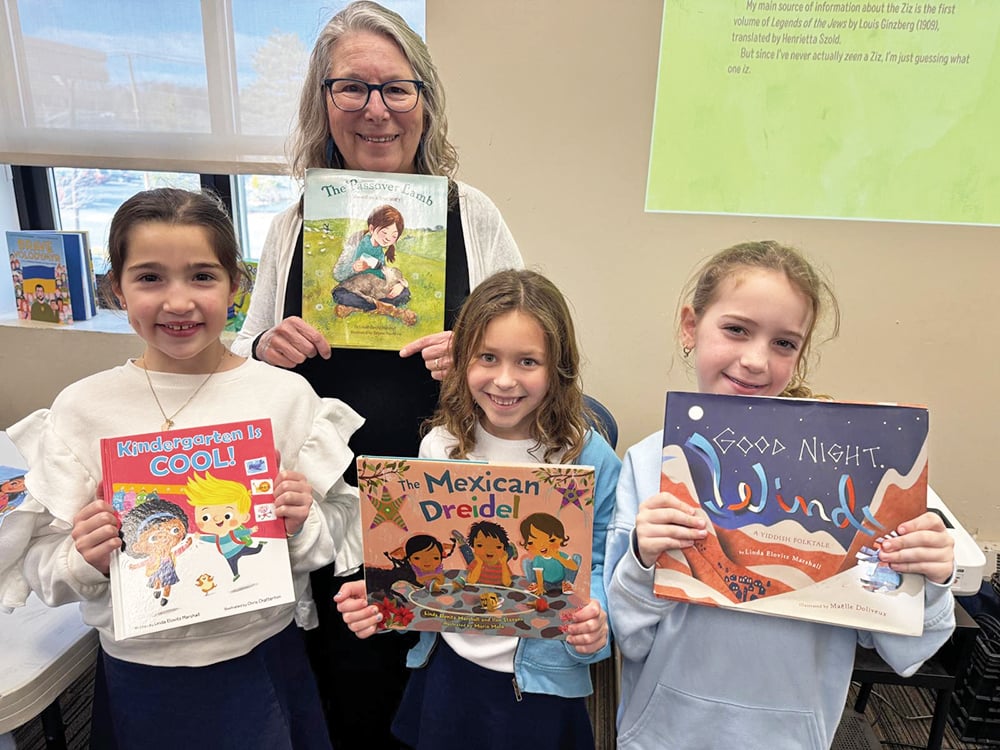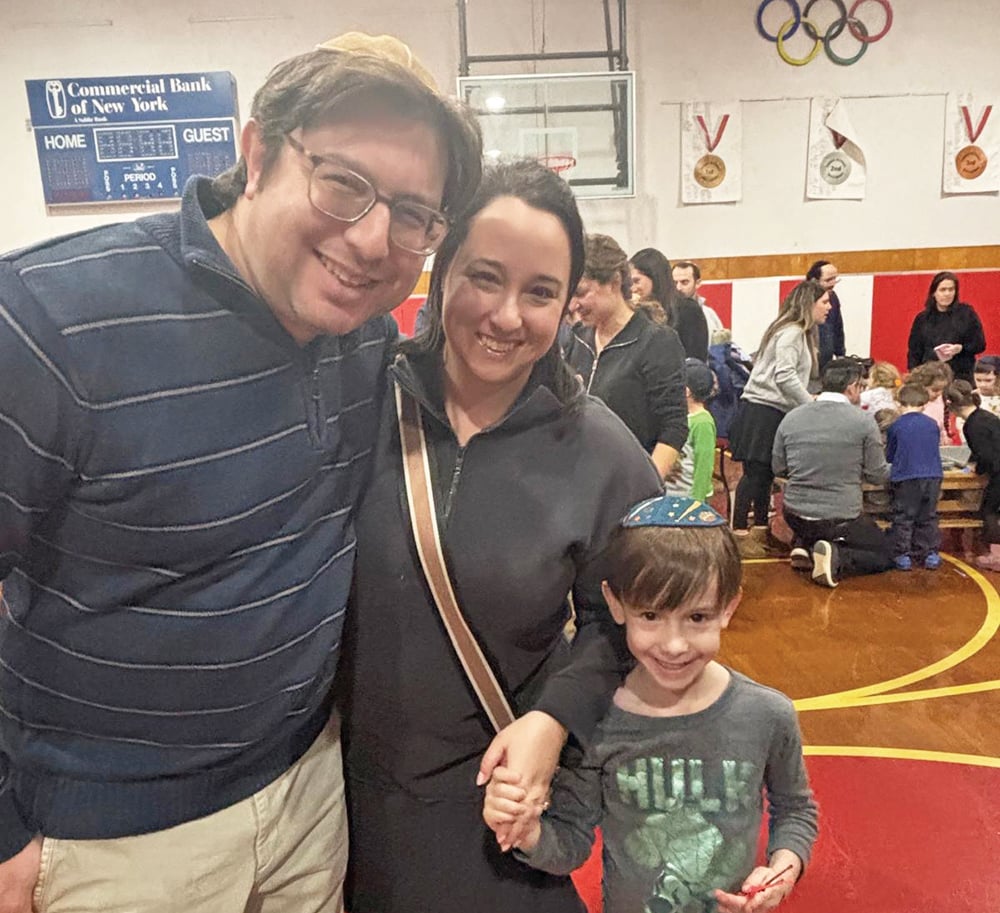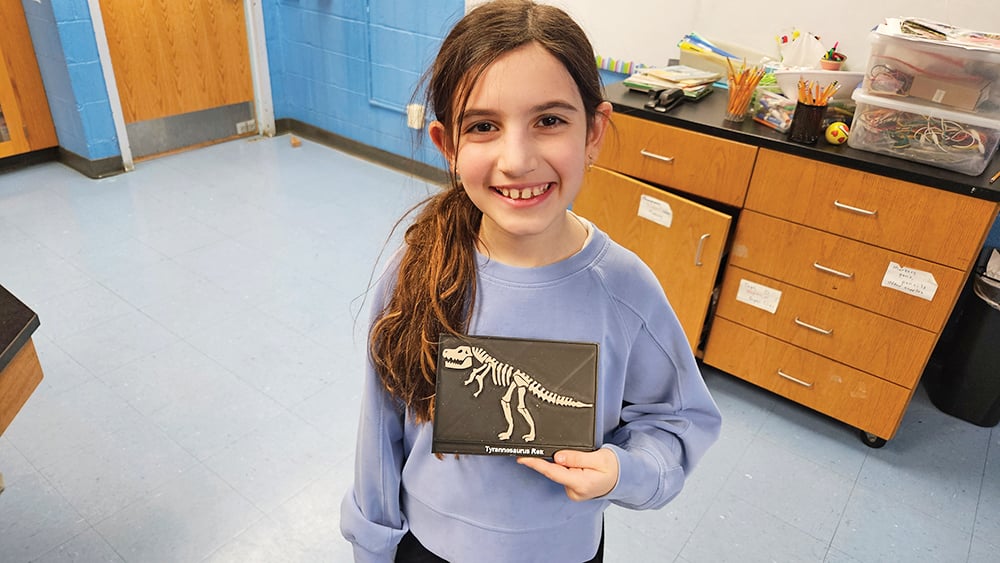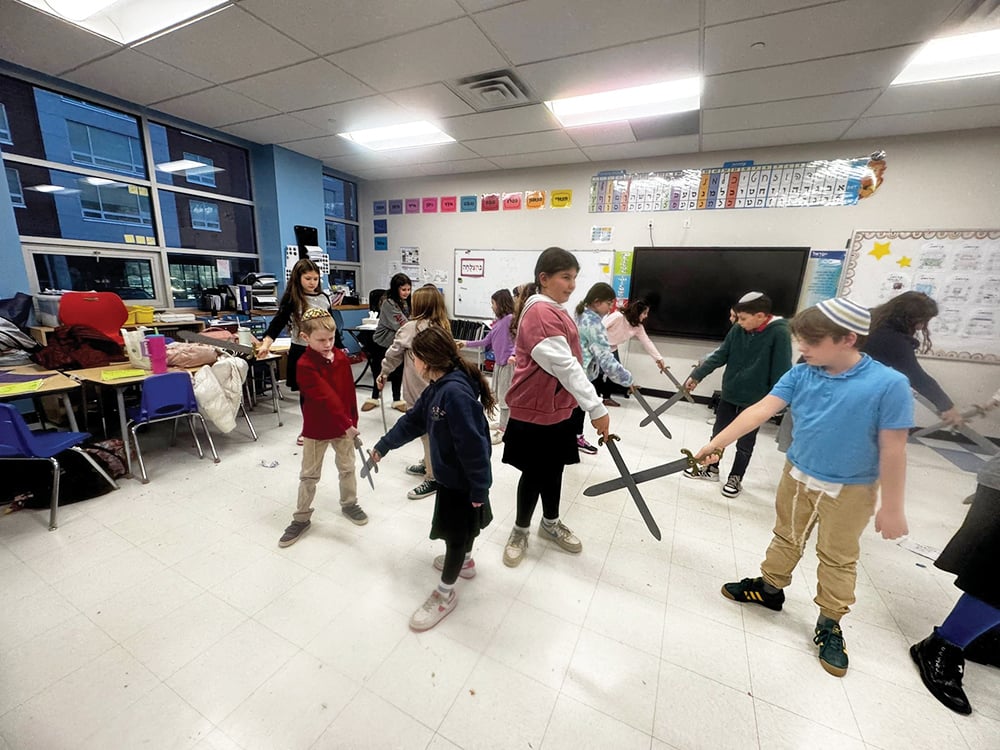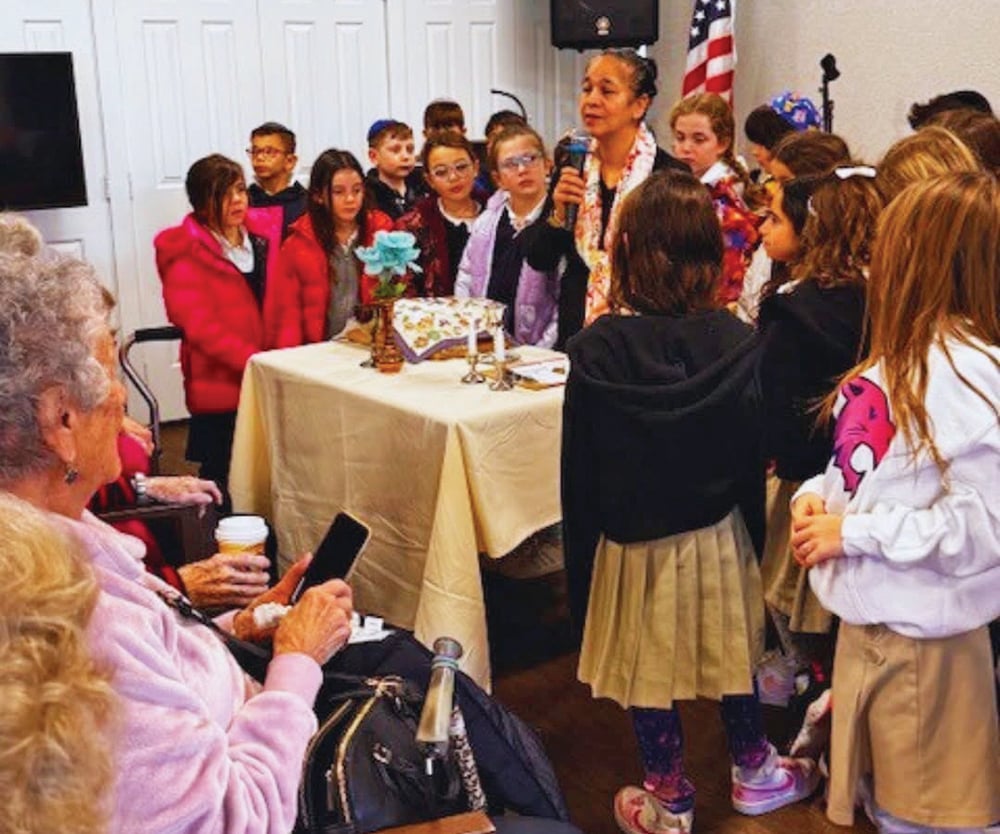On December 18, my brother Micah was struck by a car and suffered a traumatic brain injury. He spent 10 days in the ICU clinging to life. Three weeks on a ventilator. Over a month in a coma, and another month before he spoke a single word or followed commands consistently.
A week before my brother’s release from his three-month hospital stint, I was tasked with procuring handicap plates for his return home. I was given signed forms from the case manager at the hospital and instructed to take them to my local police department in Teaneck. When I got there, I was told that I had the wrong forms. The police department only distributes temporary handicap plates, and I had the forms for the permanent plates. I tried to argue, obviously, that if I had the forms for the permanent plates, my brother would qualify for the temporary plates, but the bureaucratic drone working at the front desk refused to help. So, frustrated and angry, I headed to the Lodi DMV to get the permanent plates. And as everyone knows, going to the DMV already filled with rage is not helpful. When my number was finally called, I was told by the next bureaucratic drone that I could not get the handicap plates without Micah physically being there. Again, I tried to argue. My brother was still hospitalized. Why did they need him? Did they think I was trying to steal my brother’s identity in an elaborate scheme to obtain handicap plates? But my logic and reasoning fell on deaf ears. After months of keeping it together while I watched my brother struggle first for life in a hospital, then to remember how to master basic life skills in a rehab center, I finally lost it at the Lodi DMV.
I really had held it together pretty well for close to three months. Yes, I had cried. Had lost patience, sleep and my appetite. But considering the circumstances, I was a functional, level-headed human being during my brother’s extended hospital stay. But this denial of handicap plates by an uninterested employee at the DMV forced open the floodgates of emotion: months of fear, pain and exhaustion spilled out. I began to yell and cry, refusing to leave the DMV without the plates I had come for. When the bureaucratic drone threatened to call the police, I said: “Fine. Bring it on!”
Yes. I was that woman.
Looking back, this story could have ended very differently. In my story, the police officer listened sympathetically to my case, and tried to empathize. She told me about her own frustrations trying to help her aging mother get handicap plates. In my story, the police officer calmly said “Ma’am, you can walk out with me now, or I can cuff you and bring you down to the station” and then gave me a moment to think about my options and the consequences of my actions. In my story, I was not surrounded by other people in pain, stoking the flames of my own anger and frustration; instead the people around me were staring, cringing uncomfortably in their seats. And in my story, the pain and hurt were only a young three months old.
I’ve been thinking about this episode a lot over the last week as I take note of the reaction of White America to George Floyd’s death and the subsequent protests. It’s hard for many people to imagine turning to violence and destruction, even in moments of deep anger and frustration. For many people, those means seem unfathomable, so they assume the actors are malicious, or worse, that their cries of pain are not genuine but excuses to justify bad behavior. But it’s not hard for me to understand how extreme suffering can erode typically rational behavior. After months of helplessly watching my brother suffer and struggle, I was angry. There was no rational place to put that anger; I blamed everyone and no one at the same time. And all of that came out at the DMV.
The fact that I can even write this story is because my story has a happy ending, or an ending at all. For the last few weeks, my brother and I have been walking one to two miles every day. He doesn’t even need those handicap plates, after all, and I can laugh at the terrible cliche that I—a normally mundane English teacher—became: the unhinged crazy lady who lost it at the DMV. But imagine if my story of pain, suffering, and fear were an ongoing saga, every day of my life. Imagine if my story was the story of my ancestors, and very likely would be the story of my descendents. Imagine my story had no end.
I do not condone violence or destruction of personal property. I am simply saying that I cannot claim that, put in the same situation, I would react differently. That given the generations of oppression and violence and mistreatment and silencing that came before me, I would be able to remain peaceful in the way I protested. I remain in awe at the vast majority of black protesters who have remained peaceful.
Some reading this article may continue to believe that nothing could bring them to “rioting”; their morality would always prevail. And perhaps they are right, and perhaps they have the moral fortitude to peacefully protest in the face of injustice and inequality. But even if that is the case, I ask them: Does other people’s inability to remain peaceful absolve you of your duty to fight injustice? If some people have taken to the street to loot and destroy, does that become the focus over your personal obligation to hear the cries of the oppressed?
Two weeks ago, Rabbi Lamm, former president of Yeshiva University, and staunch civil rights activist, passed. I called his granddaughter, a friend of mine, to wish her and her family my condolences. She quietly lamented that her grandfather’s approach to Orthodox Judaism is so relevant to today’s troubled times. If only he were alive to share it. She sent me a link to his archived sermons, and that night I began to dig.
Rabbi Lamm was a master orator and writer. His writing extends beyond expressing an idea; his writing elevates an idea. In October of 1966, from his pulpit in New York City’s The Jewish Center, Rabbi Lamm implored his fellow Jews not to turn a blind eye to the black community, especially in the face of riots and black anti-Semitism. He admitted that the Jewish community had shifted the blame and “become part of that insidious ‘backlash’ movement.” In 1966, he challenged the Jewish community to “respond constructively and creatively and sympathetically.” And he begged our community not to let “side issues becloud their main goal of finding a clear and moral way out of our country’s painful racial dilemma.” While reading this sermon, I was saddened that Rabbi Lamm was not alive to address this crisis in person. I was even more upset that the issues of racial injustice he discussed in 1966 are still so relevant today.
But I have hope. Last week, my family and I marched alongside the black community in Teaneck, protesting years of social injustice, economic injustice and criminal injustice. Teaneck is a heavily Jewish and black town, one that usually functions as two parallel universes, with different restaurants, places of worship and even neighborhoods. I was proud that so many Jews from our community came out in support of this cause. But it’s not to those people that I address these comments, but to the people in our community who hide behind excuses, demonize the protest movement, use BLM’s history with the Palestinian movement for their moral high ground and twist the words of the Torah as their justification for staying home. Those are the same people Rabbi Lamm addressed in 1966. And it is to you that I make the following plea: I beg you to open your eyes, your ears and your hearts. I beg you to reach out to your neighbors and listen to their stories. Put your judgments aside and try to empathize with the pain of your brother, and do not, as Rabbi Lamm instructed, let “side issues” distract you from the root problem in this country.
I believe this is our duty as Americans and our obligation as Jews.
Meryl Feldblum is the English department chair at The Frisch School in Paramus.



